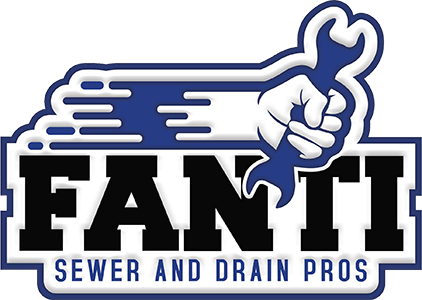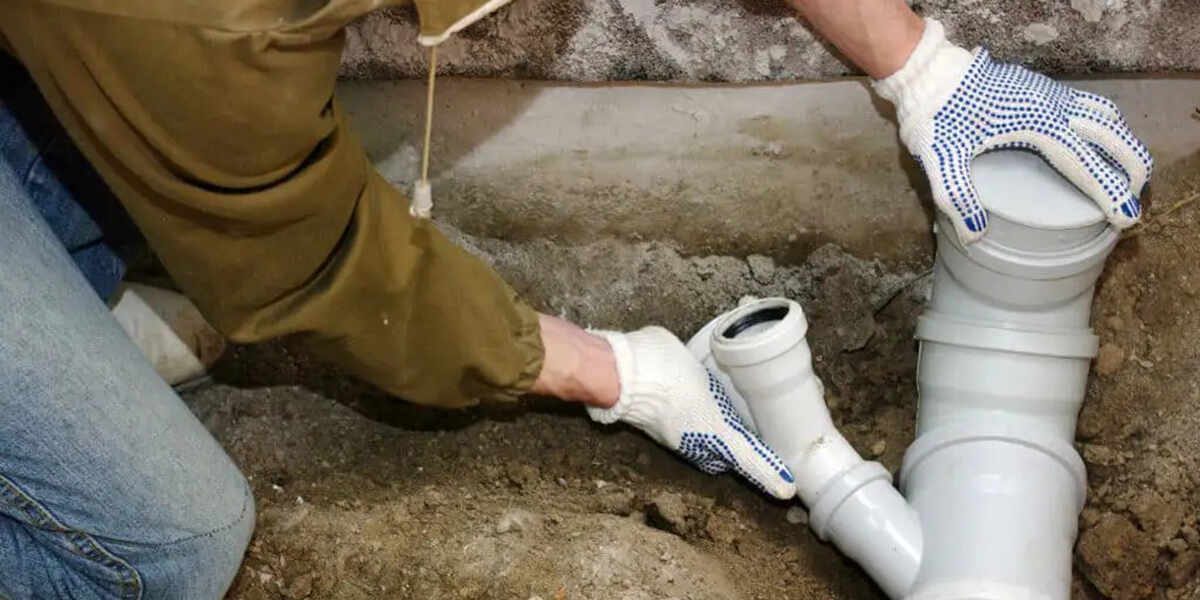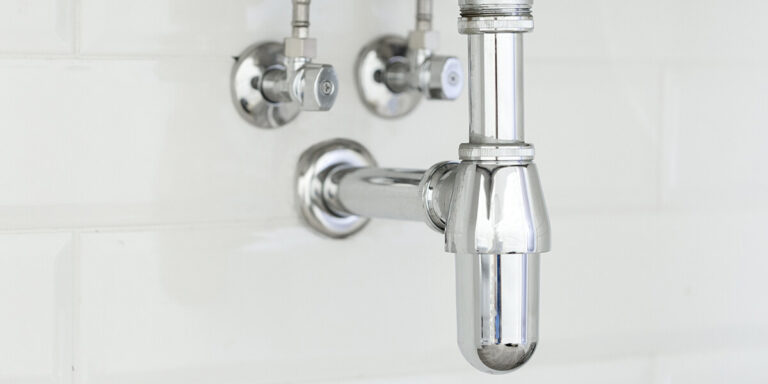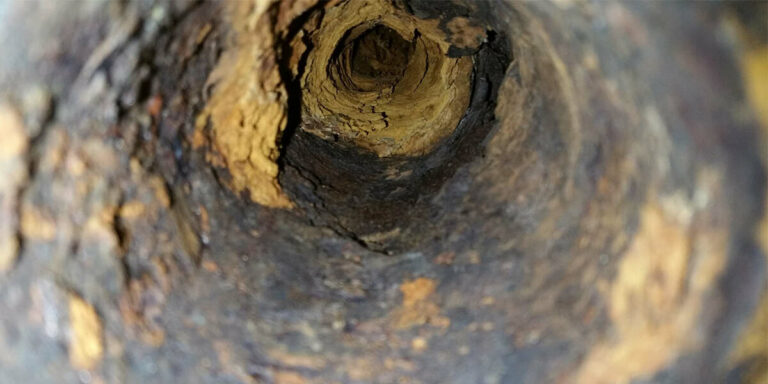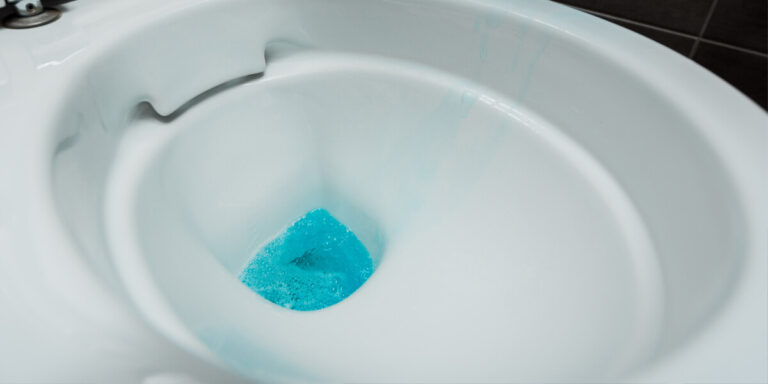How Often Do Sewer Lines Need To Be Replaced?
Do you need sewer pipe repair in Cerritos, or is it better to replace the sewer line? If it’s the latter, how often do sewer lines need to be replaced? This is an important question when lines run into drainage problems, but there’s more to know.
Read on to discover the answer in this guide from Fanti Sewer & Drain Pros.
When To Replace Sewer Lines (According to Pipe Material)
The expected sewer line durability varies with different materials. Clay pipes, for example, can last up to 60 years, an impressive service life. On the other hand, an outdated material like Orangeburg in older homes has incredibly poor durability, and experts won’t even bother to install it anymore.
Of course, modern sewer lines primarily feature PVC pipes, a material that won’t deteriorate as quickly as some others. PVC can serve as your home’s main sewer line for up to 100 years with proper maintenance. You may not even need to fully replace them if you can contact a local plumber specializing in trenchless sewer line repair and replacement.
Are you not sure about your setup? A professional like Fanti Sewer & Drain Pros can evaluate your existing pipework and determine how long it can continue to serve your needs. If they spot extensive leaks or collapsed portions, they’ll often recommend replacing the damaged material with new PVC pipes.
What Causes Sewer Line Damage?
How often do sewer lines need to be replaced? Ask an expert, and they’ll tell you that you can’t base a sewer line replacement timeline solely on the material’s average lifespan. While PVC pipes can last upwards of a century, 50 years of damage might be too much.
Even strong sewer lines can endure significant damage due to the following pressures:
- Intrusive tree roots: Roots can wrap around sewer lines and cause obstructions in the flow of wastewater. You may need to cut the roots and replace the sewer pipe.
- Large blockages: As sewage collects in the pipes, blockages can form and put so much pressure on the pipe that it bursts or collapses.
- Soil changes: The soil that supports the sewer line may shift, become compacted, or even be displaced by seismic activity. Pipes collapse or crack as a result.
- Pipe corrosion: Has rust corroded the pipe material? Even small holes can leak sewage, leading to many other issues over time.
How often do sewer lines need to be replaced? Why not create a sewer line maintenance schedule that you can stick to for accurate sewer system information? Regular inspections prevent corrosion, clogs, and other issues from decreasing the sewer pipe lifespan.
Common Warning Signs for Sewer Line Replacement
When can you tell if you’re due for a new pipe? In addition to the information mentioned above, you should base your sewer line replacement timeline on certain symptoms. For example, reach out to a trusted sewer plumbing expert for the following issues:
- Foul odors coming from your drains
- Frequent clogs or water backup from your toilets, sinks, or shower
- Damp puddles or mold growth near a pipe
- Soggy patches of grass
Any of these signs could mean your sewer line has a severe clog that prevents the flow of wastewater or a leak that fills your yard with sewage. Trenchless sewer line repairs could be quick and easy. Only severe damage would need to replace the entire pipe.
Improve Your Drainage System With Sewer Line Replacement
After reading this guide, you no longer have to wonder, “How often do sewer lines need to be replaced?” For more help with sewer system pipelining and other solutions, reach out to Fanti Sewer & Drain Pros. Call (949) 749-2587 to request fast, reliable sewer line services!
